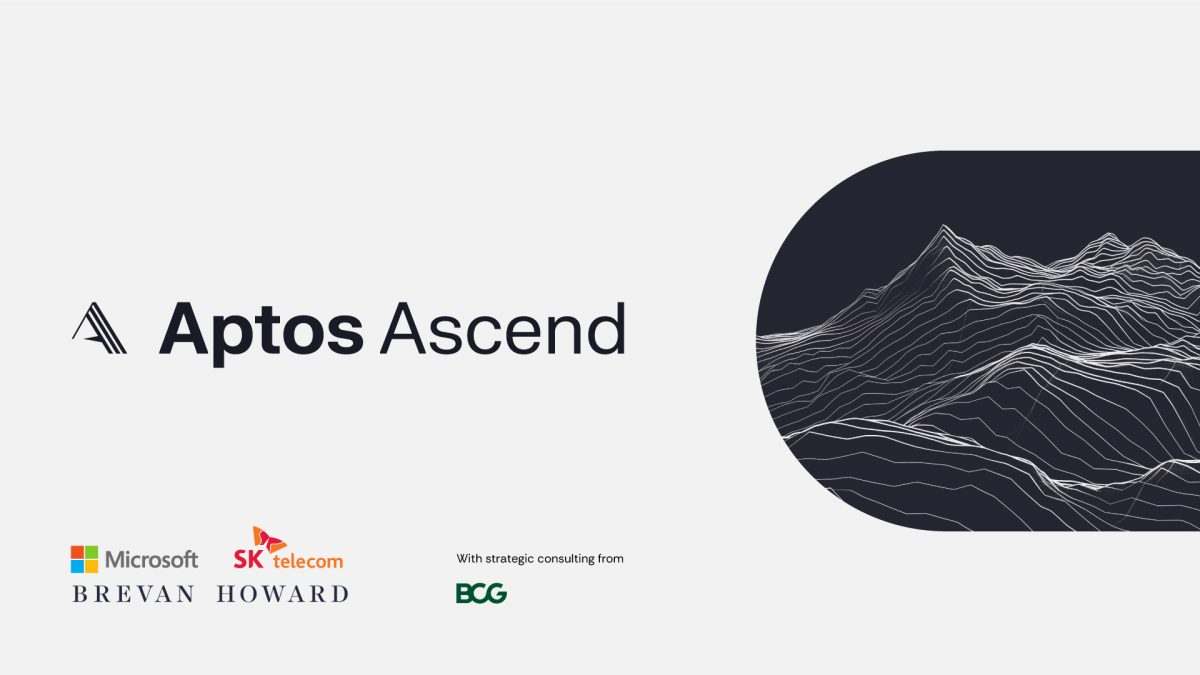Binance and SEC face off in court with detailed questioning from judge

Quick Take
- Binance faced the SEC in court on Monday, answering intricate questions about why tokens traded on its platform should or should not be considered securities.

Binance, the largest crypto exchange in the world, faced the Securities and Exchange Commission in court on Monday in an effort to have a lawsuit brought against it by the regulator dismissed. Both parties were met with questions from the judge about why certain cryptocurrencies should be considered securities and subject to the SEC's rules.
During the hearing, Judge Amy Berman Jackson of the U.S. District Court for the District of Columbia pressed both sides about whether ![]() BNB
-0.91%
,
BNB
-0.91%
,  BUSD
+0.59%
and other assets traded on Binance meet or don't meet the criteria of the Howey test – a set of parameters used by the SEC to determine whether an asset is a security or not.
BUSD
+0.59%
and other assets traded on Binance meet or don't meet the criteria of the Howey test – a set of parameters used by the SEC to determine whether an asset is a security or not.
The SEC sued Binance Holdings and its former CEO Changpeng Zhao in June, accusing the crypto exchange of lying to customers, failing to restrict U.S. investors from accessing Binance.com, misdirecting capital to separated investment funds owned by Zhao, and operating as an unregistered exchange. The SEC also said 12 tokens on the exchange were securities, including BNB and BUSD.
Monday's event was the second significant face-off involving the agency and crypto exchanges this month. Coinbase and the SEC took turns in court during a hearing last week in a separate case.
Difference of opinion on Howey
Judge Jackson was critical of Binance during Monday's hearing about how its lawyers depicted the Howey Test.
"Howey says an investment contract is, quote, a contract, transaction or a scheme. One of three things. It didn't say a contractual transaction or scheme," Jackson said.
Lawyers representing Binance insisted that an actual contract has to be involved for an asset to be a security. The judge pushed back later and argued that case law has said the statute is designed to be broad.
Later in the hearing, Jackson asked lawyers for the SEC about criticism it's received for not being clear with the crypto industry about how its rules apply.
The SEC's lawyer said he disagreed that the agency has made contradictory statements, citing guidance the agency has released over the years.
"Howey is clear and you don't need a regulator to reach out to you specifically to remind you that you might be violating the securities laws," the SEC lawyer said.
In the SEC's view, Binance’s continuous promotion of its business and the BNB and BUSD tokens it issued created reasonable expectations of profit for people who were buying those tokens. Binance’s lawyers, on the contrary, argued that the fact of promotion itself can’t be a factor because any business promotes itself.
Secondary market question
A matter raised continuously during the hearing was whether sales of tokens on the secondary market should be treated equally with primary token sales by the projects that issued them. Binance’s defense team argued that secondary sales happening on Binance do not pool funds which are then invested in a common enterprise, one of the criteria for the Howey test.
The SEC argued that if a token has qualities of a security it carries them through in any sale. Moreover, creation of a secondary market for the blockchain tokens is a measure that helps drive its value up, the SEC counsel argued, which buyers know and expect.
The SEC team also argued that BUSD, the stablecoin Binance issued, should be also deemed a security because it was sold as “a package,” together with the services that allowed users to earn yield on their assets on Binance, including BUSD.
The agency mentioned the December summary judgment in the SEC’s case against Terraform Labs, where a judge agreed with the SEC that the UST (Terra) stablecoin was sold as an investment contract because its major use case for yield earning through the Anchor protocol. The SEC has been trying to use this partial win in the Terraform case in both its lawsuits against Coinbase and Binance.
Major questions doctrine
Crypto firms in the crosshairs with the SEC's enforcement team have often cited the major questions doctrine and argue for Congress to step in. The doctrine says that if an agency wants to decide on an issue that has major national significance, it has to be supported by clear congressional authorization.
Binance had argued that the doctrine applies in its case. If the court agreed with the SEC in this case, it would mean the SEC could “stretch its power” to any asset that goes up in value, Binance’s attorney said.
Judge Jackson was less sure of that.
"I have to say that while this may be a trillion dollar industry, I'm not inclined to think it qualifies under the very narrow circumstances outlined in these cases," Jackson said.
Disclaimer: The Block is an independent media outlet that delivers news, research, and data. As of November 2023, Foresight Ventures is a majority investor of The Block. Foresight Ventures invests in other companies in the crypto space. Crypto exchange Bitget is an anchor LP for Foresight Ventures. The Block continues to operate independently to deliver objective, impactful, and timely information about the crypto industry. Here are our current financial disclosures.
© 2023 The Block. All Rights Reserved. This article is provided for informational purposes only. It is not offered or intended to be used as legal, tax, investment, financial, or other advice.





